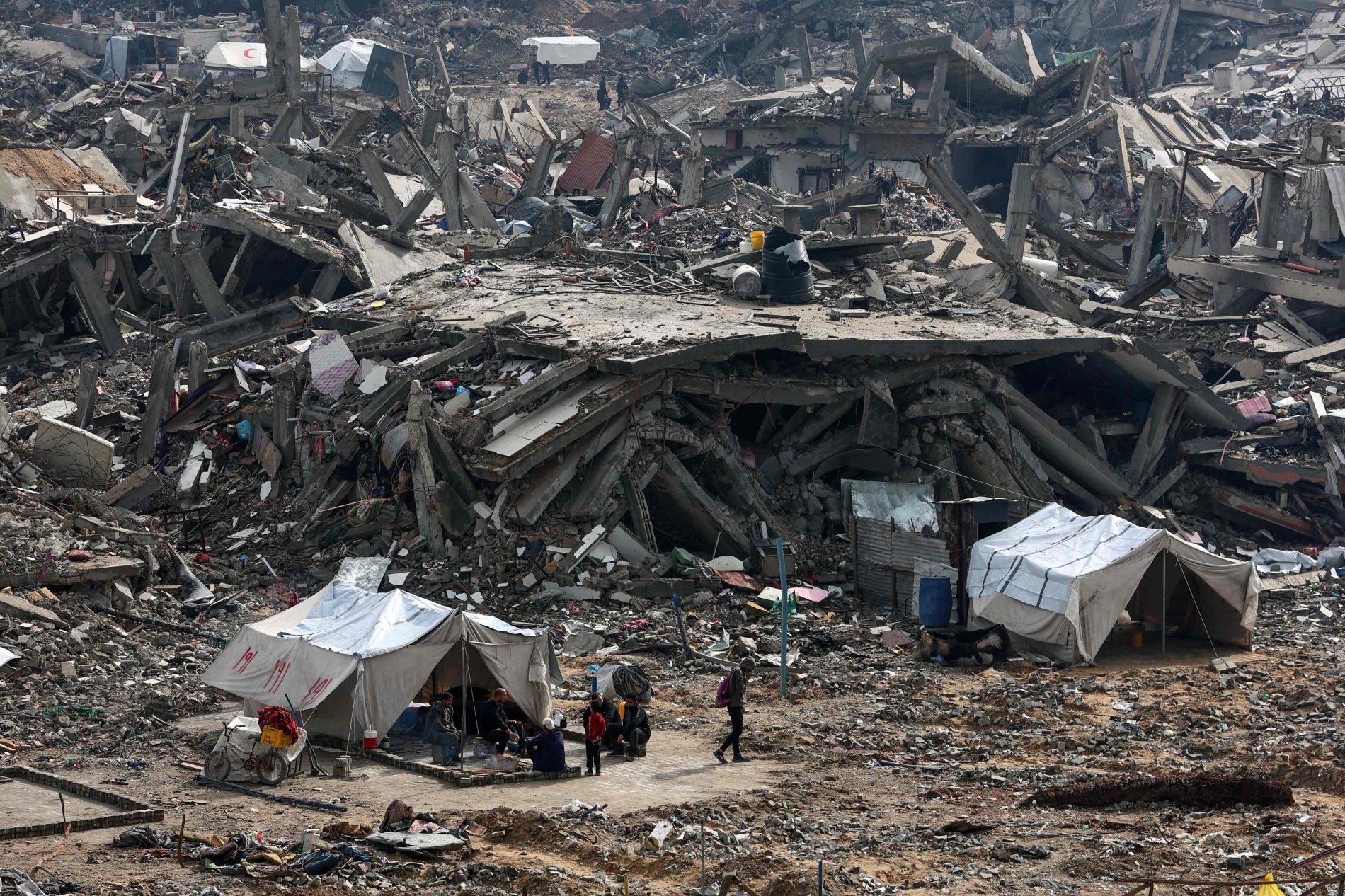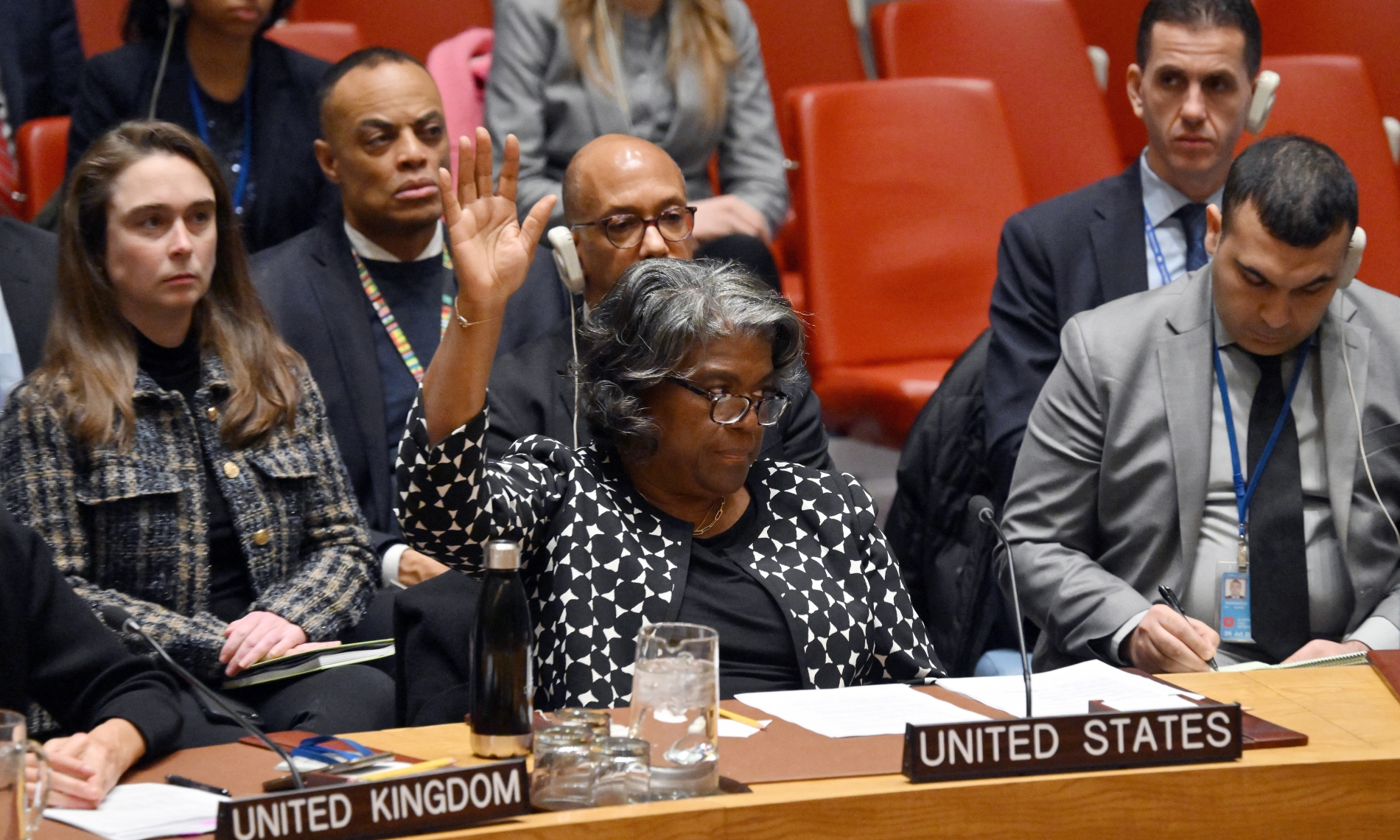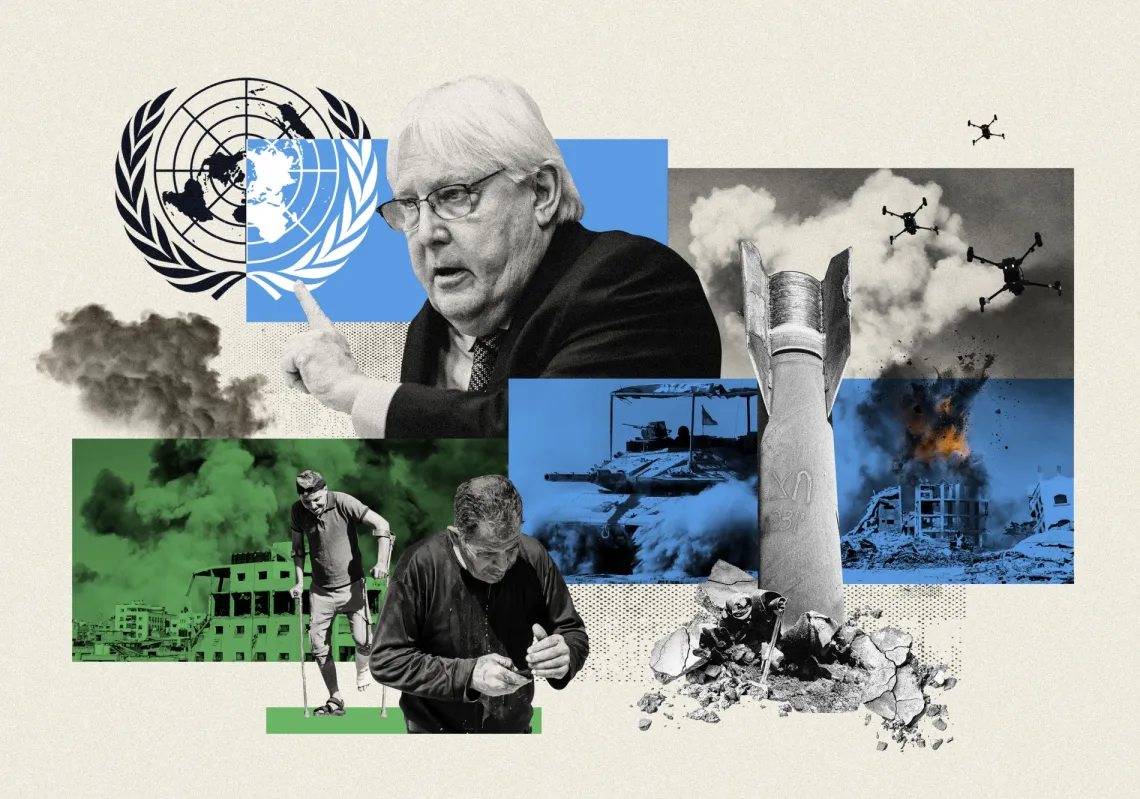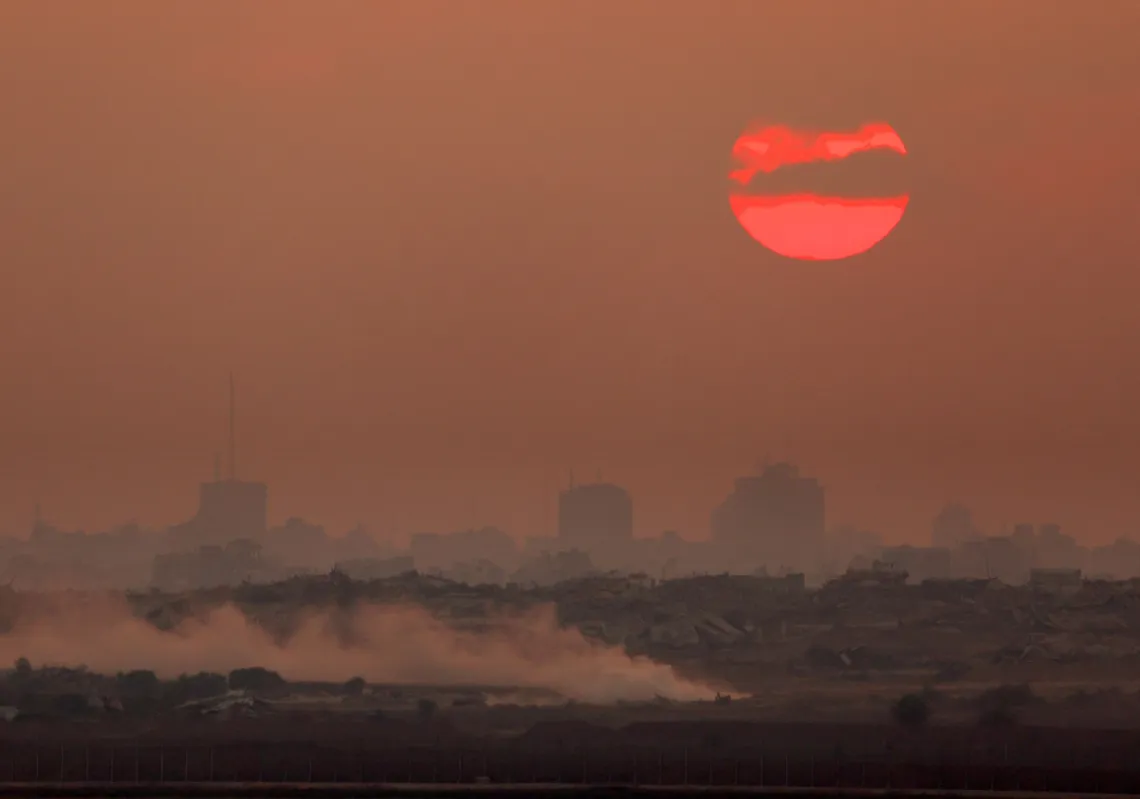The UN conference on a two-state solution at the end of July was a further important step in enhancing the prospects of establishing a Palestinian state, at a time when the concept has been losing currency, including amongst Palestinians unable to resist Israel’s creeping annexation of the West Bank.
Since 7 October 2023, the international community has stood idly by in the face of Israel’s blatant and relentless defiance of every tenet of international law. This has finally forced several fence-sitting states to realise the inevitable: that they have to actively support the creation of a Palestinian state.
Read more: The US is destroying the international system along with Gaza
Critical among these have been France (co-chair of the conference) and the UK, both permanent members of the UN Security Council and Israeli allies. President Emmanuel Macron said France would recognise a Palestinian state during the 80th UN General Assembly next month.
On Monday, 11 August, Australian Prime Minister Anthony Albanese said that his country will also recognise a Palestinian state in September, joining France, the UK, and Canada as global condemnation over Israel’s actions in Gaza intensifies. This, in effect, created a further stop on the long and arduous way towards the creation of a Palestinian state.
This offered Israel one last chance to revise its position, not by words but by action, and pushed some hesitant European states to say that they were considering following suit, including the UK government, which—with caveats—finally aligned with public opinion. This is of historic significance.
Coming full circle
In 1917, it was the UK that promised the creation of a Jewish homeland on the territory of the British Mandate of Palestine, in what became known as the Balfour Declaration (after Lord Balfour, the foreign secretary at the time). With London’s recognition of a Palestinian state, the UK will have come full circle, since the Balfour Declaration said a Jewish homeland would not “prejudice the civil and religious rights of existing non-Jewish communities in Palestine”.
Although most Israelis remain opposed to a Palestinian state, there are signs that they also increasingly oppose Israeli Prime Minister Benjamin Netanyahu’s policies, particularly on Gaza. If this feeds a dynamic that removes the most extremist right-wing government in Israeli history, there is a glimmer of hope that Israel may change its position on a Palestinian state.
The Outcome Document adopted by the conference last month laid out what can be described as a ‘road map’ with clear milestones for the establishment of a Palestinian state, but it lacks timelines tied to specific objectives. That can be fixed in the follow-up at the UN General Assembly next month. There are eight working groups and an international mechanism for the follow-up of the objectives.















